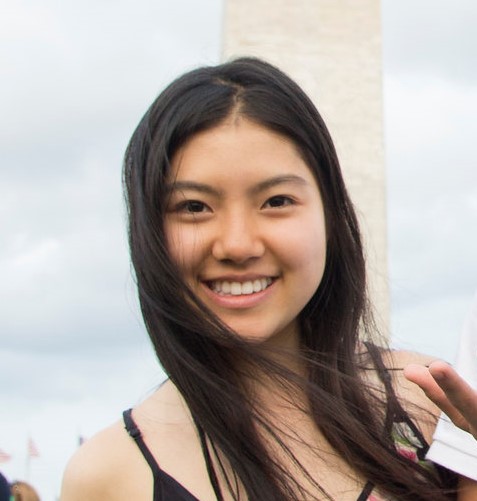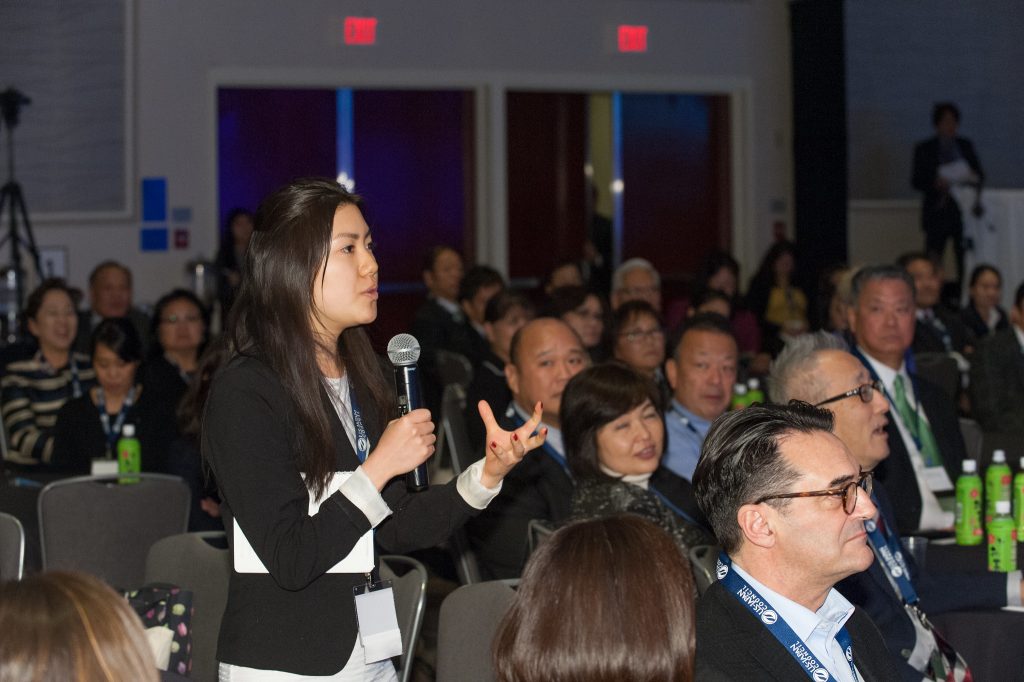Unanswered Questions are Answers, Too

My English professor once warned the class to avoid using the word “identity” in our essays—and for good reason. The word is hackneyed, and it inconveniences us with its vagueness. It also elicits a fallacy that our beliefs, backgrounds, and senses of belonging are innate and fixed. The diversity of its nuance compels us to unpack it on our own terms. And through this process, I learned that it’s okay to have questions, and it’s okay to leave them unanswered. No answer is an answer, too.
Although I live in two separate worlds, they are not mutually exclusive. I was born and raised in Japan and attended both a Japanese public school and international schools. I spent four years at a boarding school in Pittsfield, Massachusetts for high school, and later in New Haven, Connecticut, for college. Through the Toshizo Watanabe Scholarship, I was able to attend Yale University as a visiting international student (Y-VISP) for the 2017-18 academic year. This scholarship opened doors for me in ways I could not have imagined. The longer I lived in the United States and the more people I met there, the more I realized that identity is a craft divided into parts and phases. Identity, to me, is both a collage and movie.
My worlds collide and fall apart, only to coalesce when I least expected them to. In the United States, I became more open—and more vulnerable—to experiences. As the saying goes, “familiarity breeds contempt.” So, I accepted variety as my new norm. But the values that I had held close to me dissolved as I stepped out of my comfort zone to the extent in which I no longer new where my comfort zone was. I lost myself in the process; I had fallen into an oblivion of uncertainty and fear.
Although moments are mortal, memories are not; the latter often follow us. The more vulnerable I was to experiences, the more exposed I felt, too. In class, at work, with friends, when dating, the voices followed me insidiously and mercilessly. The cultural dissonance, my sense of responsibility—that I had to represent one culture or the other, or to switch flawlessly and effortlessly between the two—made me insecure. (How arrogant of me to think I could represent a culture, a country!) Not feeling American or Japanese enough—whatever that means (not going to prom?); blaming myself for being too “Americanized”; not knowing how to switch to Japanese mannerisms, were some of my inner struggles. Not this or that. Was I misrepresenting underrepresentation? If only… What if… The expectations that I had set on myself dictated the way I interpreted my experiences, breaking apart each of the moments that were otherwise great, and it was breaking me. Former President Obama wrote in his autobiography, Dreams from My Father, “I can see that my choices were never truly mine alone—and that that is how it should be, that to assert otherwise is to chase after a sorry sort of freedom” (134). I felt trapped and that I did not belong, and I blamed my “identity” for it. It was like having an existential and mid-life crisis at once.

But the Council ties the social and cultural fabrics of the United States and Japan in a way that healed me from my dilemma. The stories that speakers, guests, and attendees at the 2017 USJC Annual Conference shared with one another helped me appreciate the depths of our shared history—the personal, the professional, and the cultural—and how the history lives in me vicariously. Our individual stories are diverse, but this commonality of having this history to share with one another was profound and reassuring. Our meishis—business cards—were more than paper; they created room to listen, to be heard, and if we were lucky, to be understood. Whether through workshops or panel sessions, the Annual Conference brought together a community of people invested in something greater than the self—people who were focused on a greater purpose. It taught me not only to embrace two worlds, but also how to do so.
After the Conference, I contacted Ambassador Tom Schieffer. At the time, I was Business Director for The Yale Globalist—an undergraduate quarterly at Yale that focuses on international relations. The publication board invited Ambassador Schieffer as its guest speaker to share with Yale students his experiences in public service and insights into U.S.-Japan relations and politics. We invited him to dinner; however, he generously treated us to meals as he shared his wisdom with the group. Our team and I were grateful and lucky to have had the opportunity to discuss compelling topics of our time with Ambassador Schieffer, who cares deeply about US-Japan relations and future generations. This is an example of how the USJC and the people I met there instilled in me the confidence and the knowledge that intrinsic power of shared and individual stories, especially those that bridge cultures, are immeasurable. And as long as we hold that torch—to continue the many trailblazers and leaders before us— the world will be brighter, stronger and wiser.
Unanswered questions are answers, too. The question of identity is unique to each of us and requires much unpacking in our own way. We may find answers, only to have more questions, and the cycle continues. The world is a rough place, and I am starting to feel it keenly, but the USJC has renewed my sense of purpose to keep learning, to keep connecting, and to keep asking questions no matter what comes my way. Many of my questions will remain unanswered, and that’s okay; those are the answers I will live with.
Acknowledgements
I would like to thank the USJC for empowering and inspiring individuals, communities and countries. Thank you for opening doors, for teaching us how to appreciate and embrace the cultural bridges that continue to empower generations, and for helping us connect—and stay connected. To the Watanabe Family: Thank you so much for giving me the opportunity to study abroad through the Toshizo Watanabe scholarship. The scholarship was life-changing. Mya Fisher and Grace Kim: Thank you for creating a place where I feel included, connected and at home. It was lovely to see both of you back in Japan, and it’s wonderful that even after the program, our group remains in touch (thanks to Zoom).
–Marina Yoshimura (Watanabe Scholar, 2017-18)